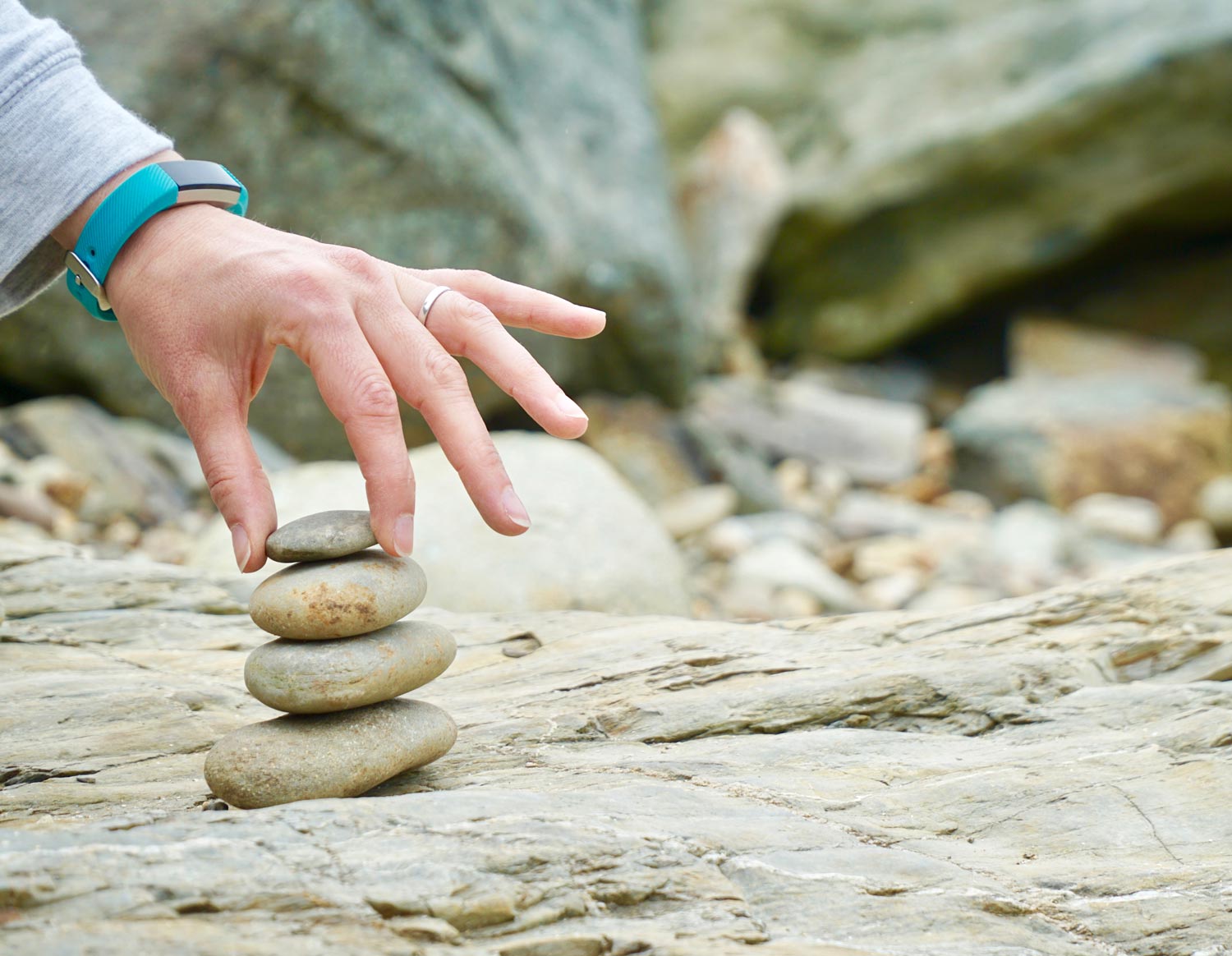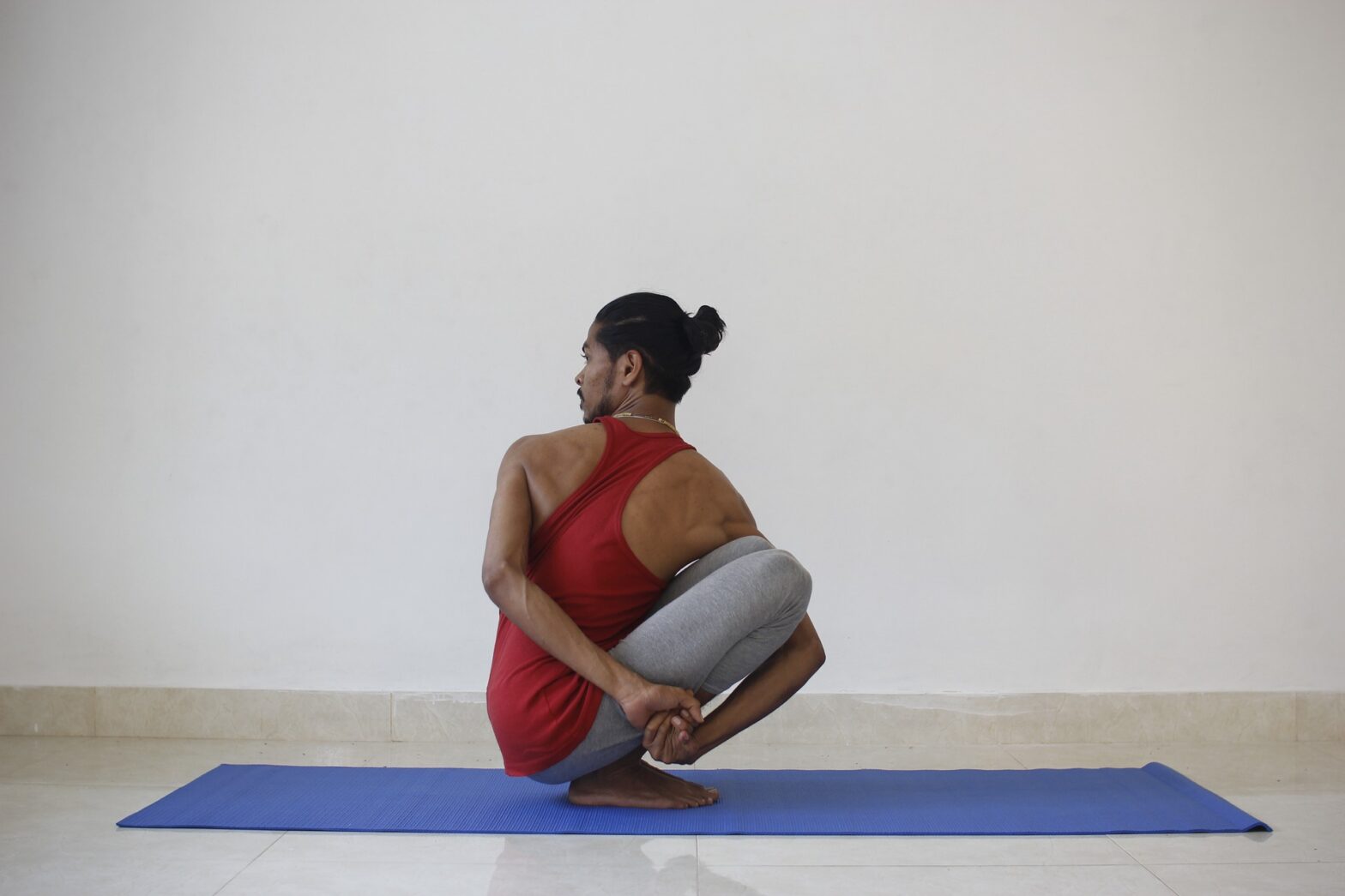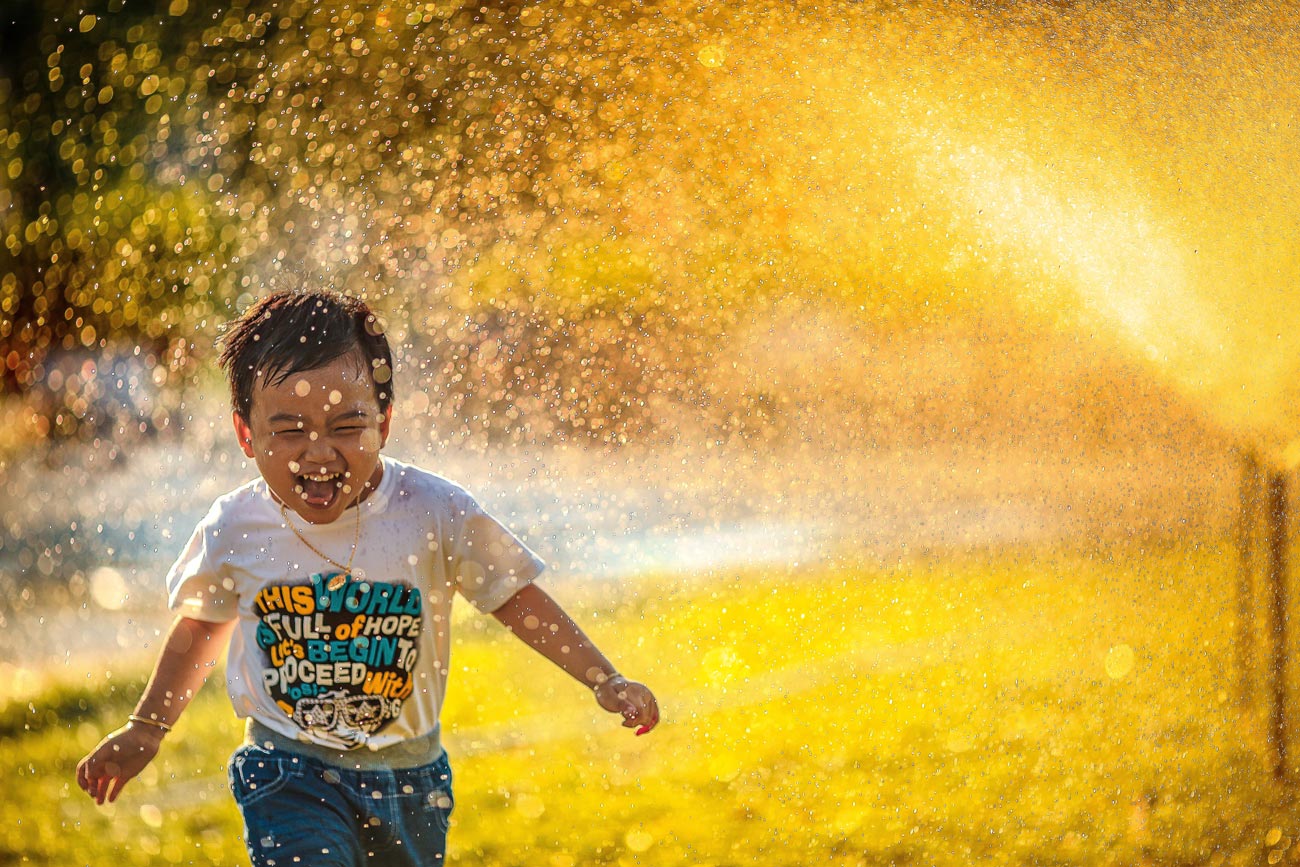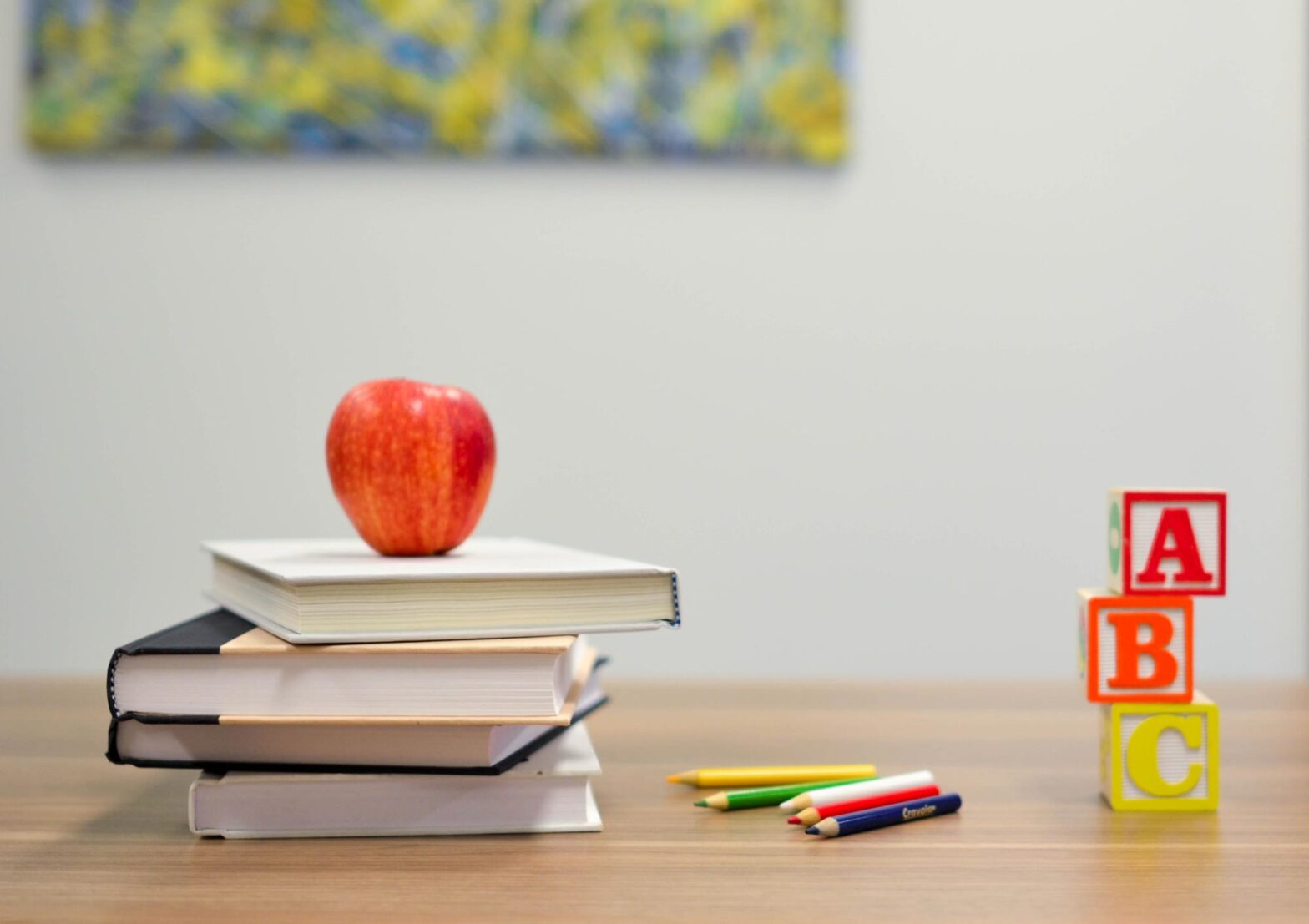Different meditation and mind-body practices may be equally effective. This post is offered as a concise review of the evidence for meditation and mind-body practices in PTSD. Future posts will review the evidence for select natural supplements, biofeedback, eye movement desensitization and reprogramming (EMDR), virtual reality graded exposure therapy (VRGET), and ‘energetic’ therapies. Limitations of conventional treatments of PTSD invite non-pharma… Continue reading Meditation and Yoga Can Reduce Symptoms of PTSD
Meditation and Yoga Can Reduce Symptoms of PTSD











